Africa - Insurers are banding together to pioneer crop insurance
18.01.2017 77 views
2024 AgroInsurance International Conference: New Partners and Agenda updates
26.02.20242024 AgroInsurance International Conference will take place on June 3-5, 2024 in Belgrade, Serbia, at the Hyatt Regency Hotel. Planet Labs (USA) and GAF AG (Germany) are sponsors of our conference. Agremo (Serbia) has been confirmed as the Organization Partner. More partners and sponsors to be announced in March 2024.

Spain - 30% of La Palma's banana production has already been lost due to the advance of the lava
14.10.2021More than three weeks after the Cumbre Vieja volcano erupted, the lava that continues to flow from its interior continues to devastate everything in its path, destroying houses, infrastructure, and banana plantations. The production of Platanos de Canarias is the economic engine of the island, accounting for 50% of its GDP and 30% of the jobs on the island.
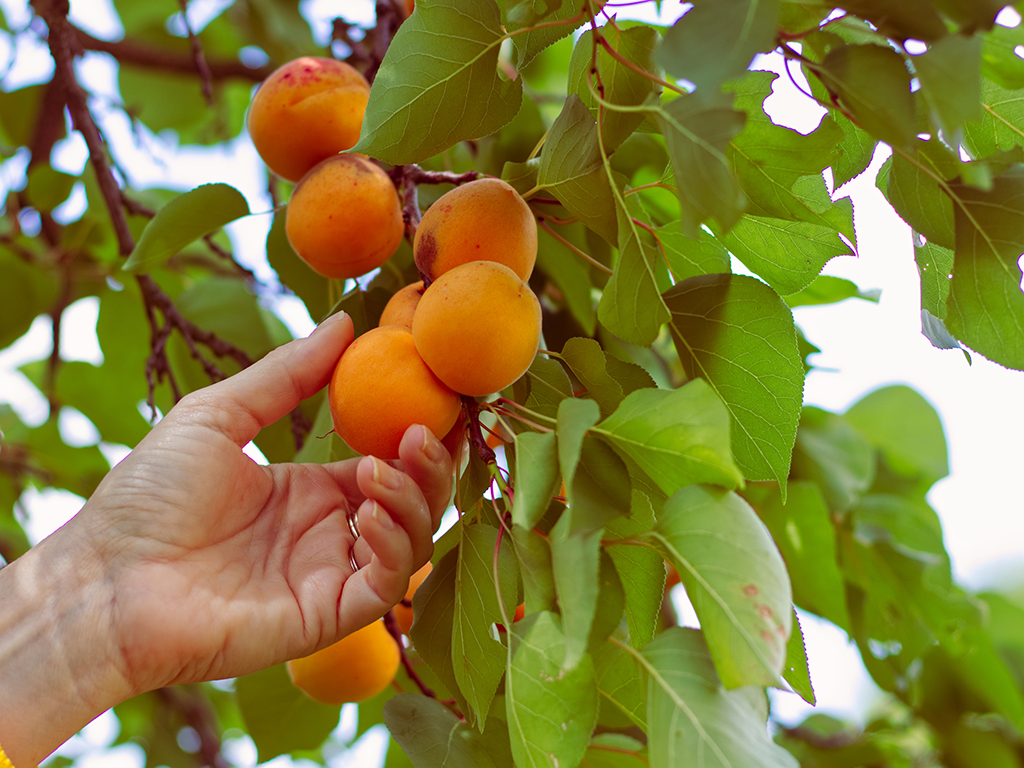
Spain - Good stone fruit harvests are expected in Murcia, except for late apricots, due to excessive heat
The stone fruit campaign has already kicked off with some extra-early varieties in Murcia, although there won't be significant and consistent volumes until the end of April. By mid-May, Badajoz will start to have a sufficient supply, and by mid-June, the season will also be getting underway in Lleida.
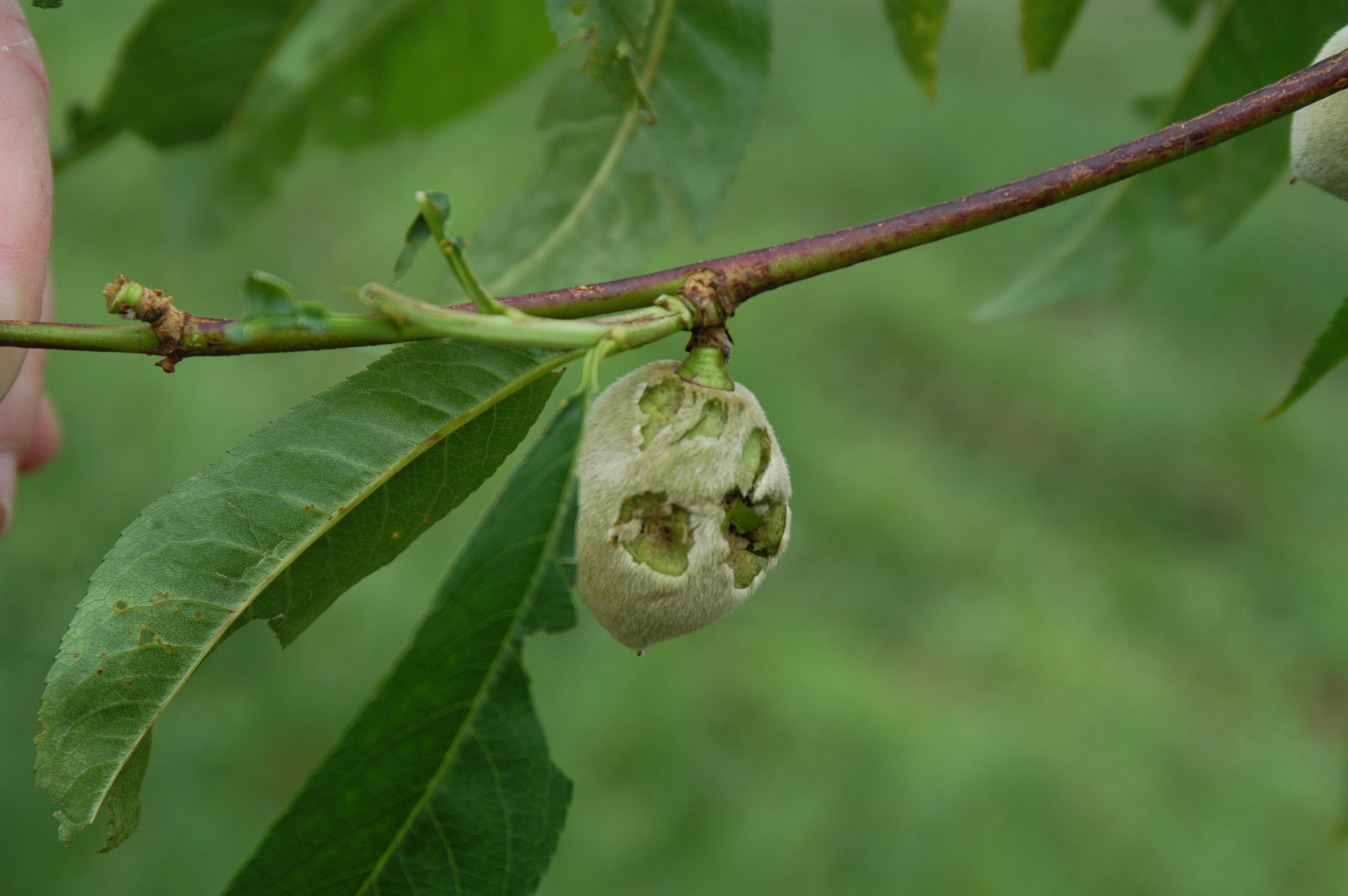
USA - Texas peach crop faced with hail and lower chill hours
Texas could face another challenging peach season this spring. Jamey Vogel of Vogel Orchard in Fredericksburg, Texas says its harvest will start around May 1. This is slightly earlier than normal due to winter ending a bit earlier.
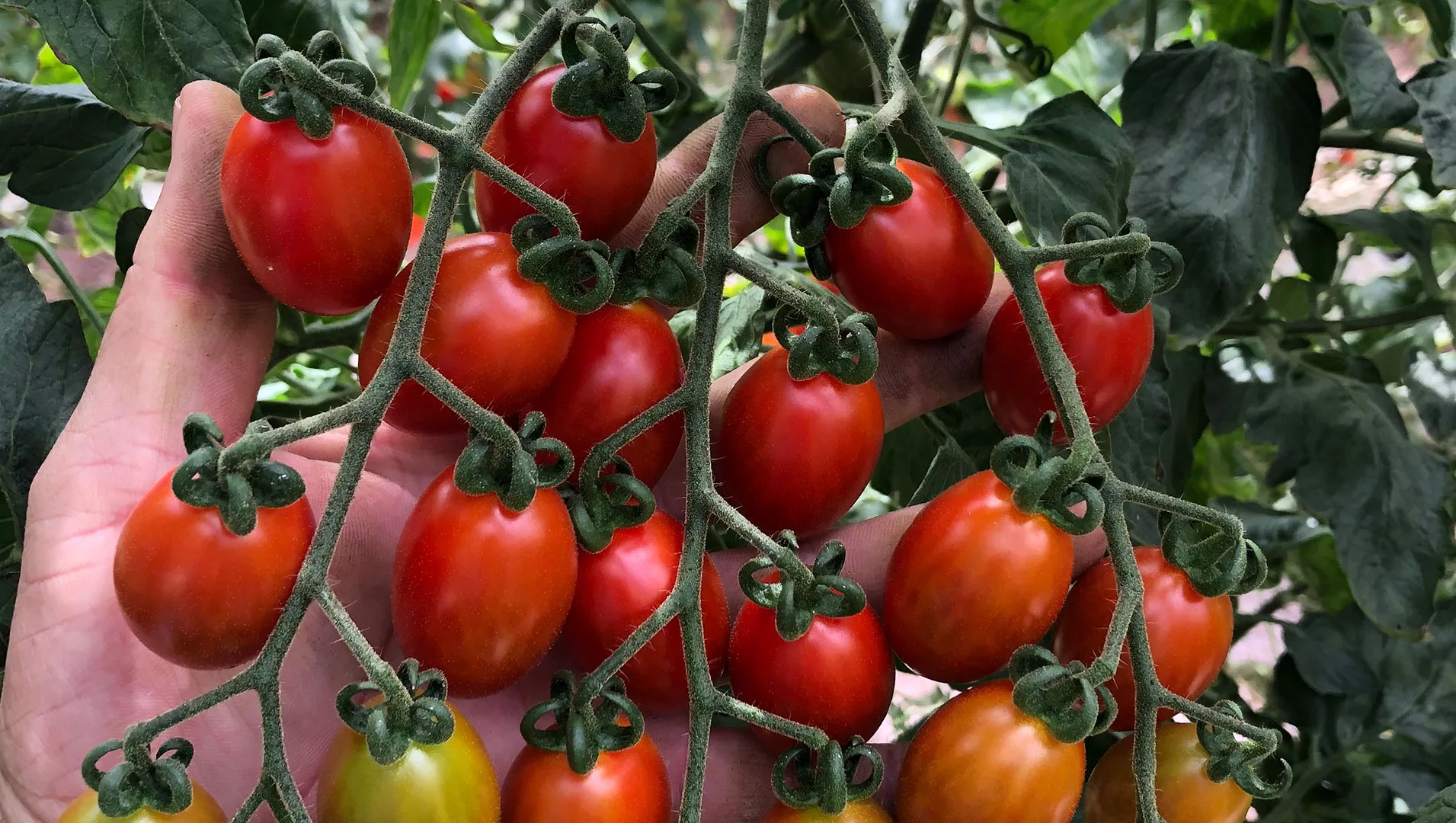
Spain - It wasn't a good campaign for any of Almeria's tomato varieties
In the campaign that just ended, Almeria's tomato sector could not repeat the success of the previous campaign. This is a setback as the tomato sector has been experiencing an upward trend.

Nigeria - Smallholder farmers need timely weather information to avert losses
The Minister of Agriculture and Food Security, Senator Abubakar Kyari, has harped on the need to avail Nigerian farmers, especially smallholder farmers, timely weather information so that they can know when to plant and when to harvest.
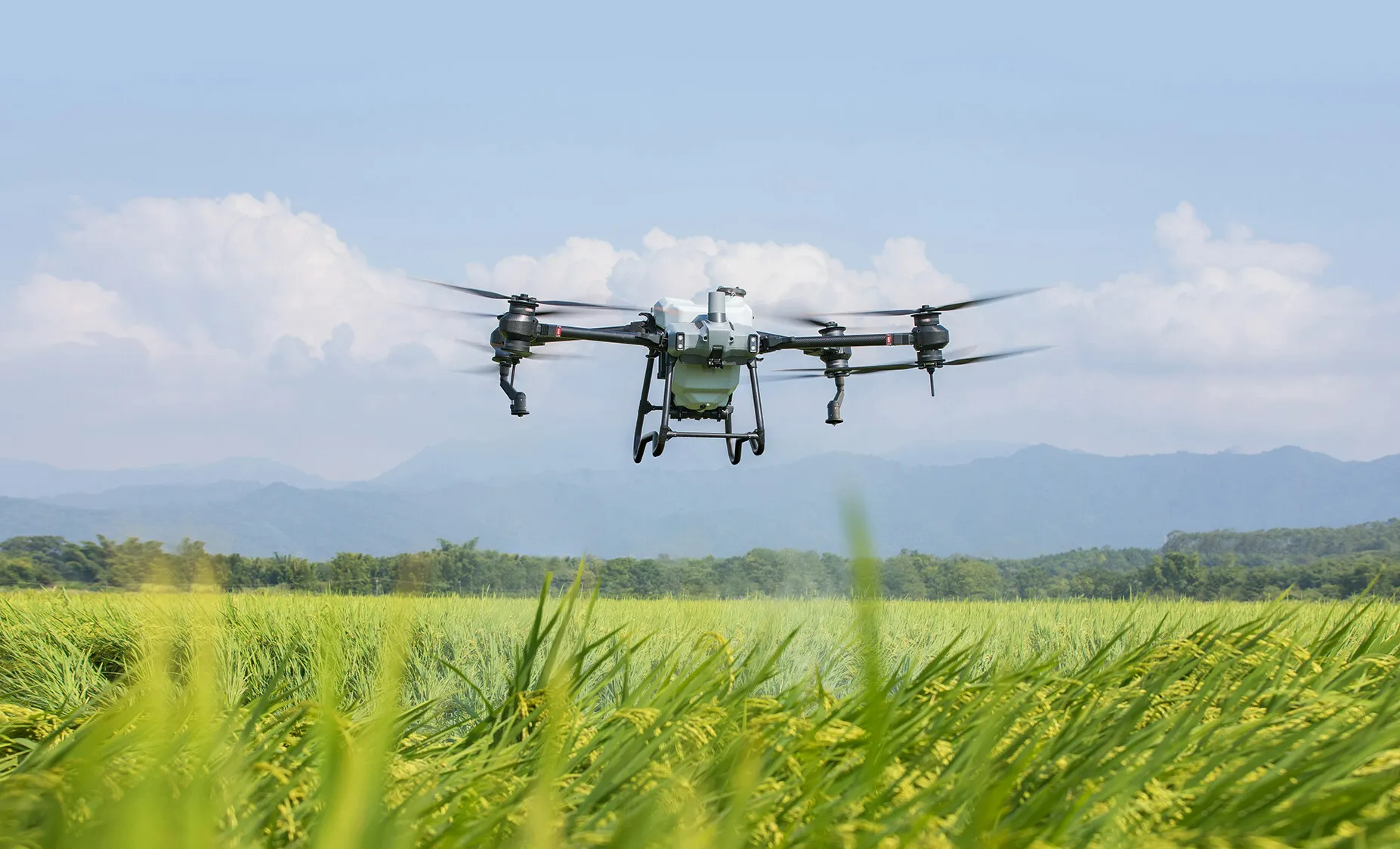
Bangladesh - Drone technology to be introduced to assess crop losses
Bangladesh is preparing to introduce remote sensing and drones to detect crop damage caused by extreme weather events or diseases, said the Asian Development Bank (ADB).
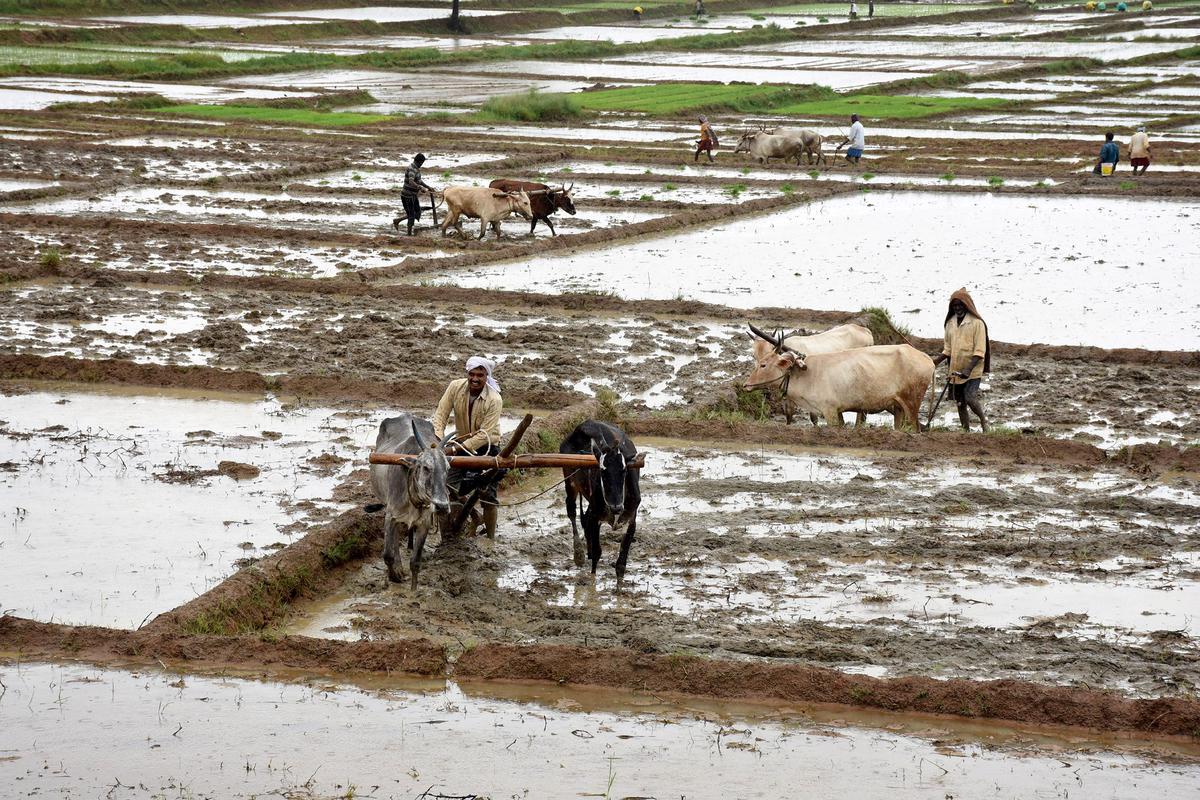
India - Unseasonal rains, hail ruin acres of crops
Drought for previous four months followed by unseasonal rain and hailstorms have wreaked havoc in the past week, caused huge losses. The sitting Shinde-Phadnavis (SS-Shinde-BJP) has not even declared this a natural disaster nor announced any reliefs and the shrill commercial media channels are eerily silent on the crisis.
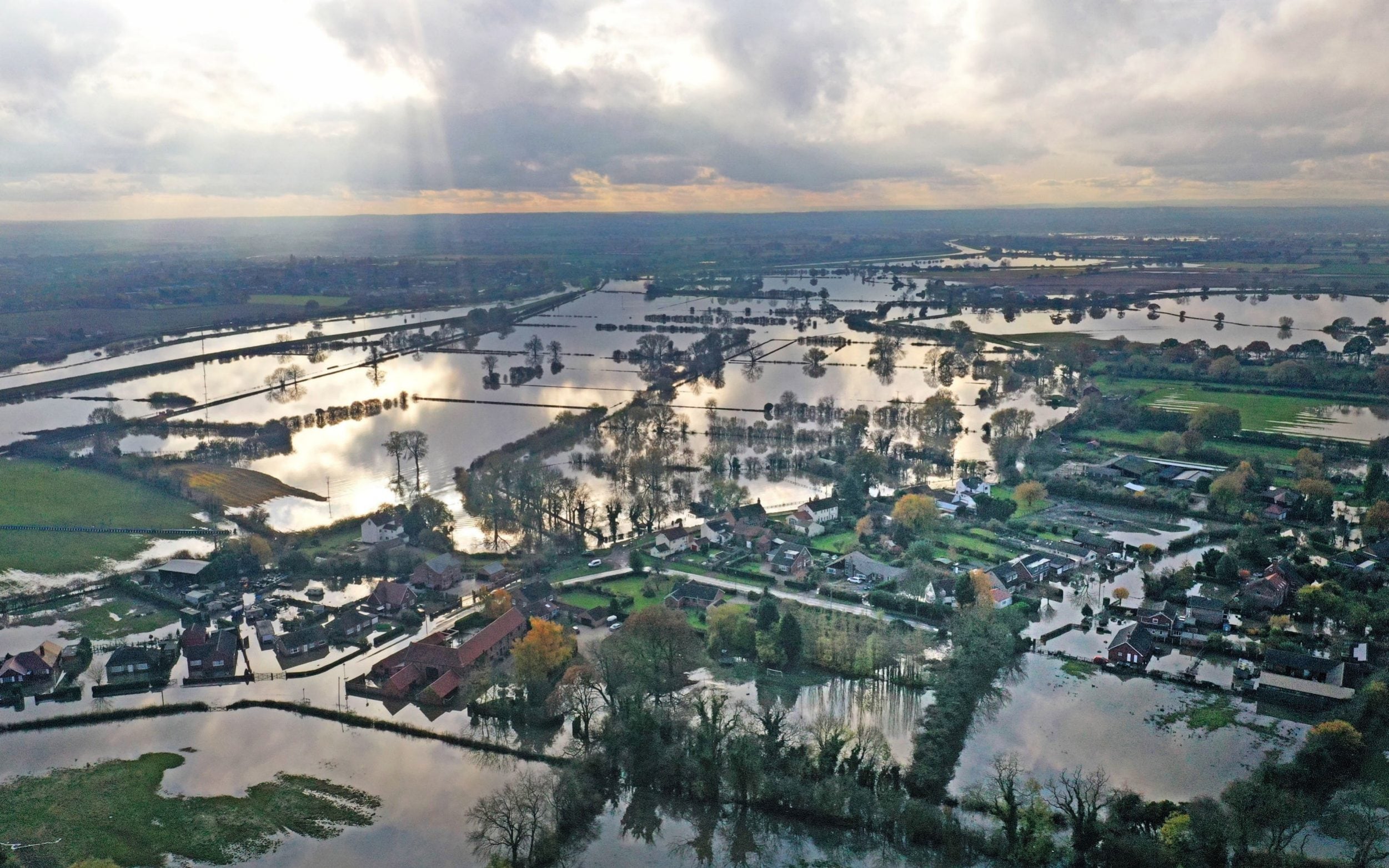
USA - Damage assessments, clean-up continue on Kaua‘i
The Kaua‘i Emergency Operations Center remains partially activated after last week’s flooding events, as county and state officials continue to address various recovery efforts islandwide.
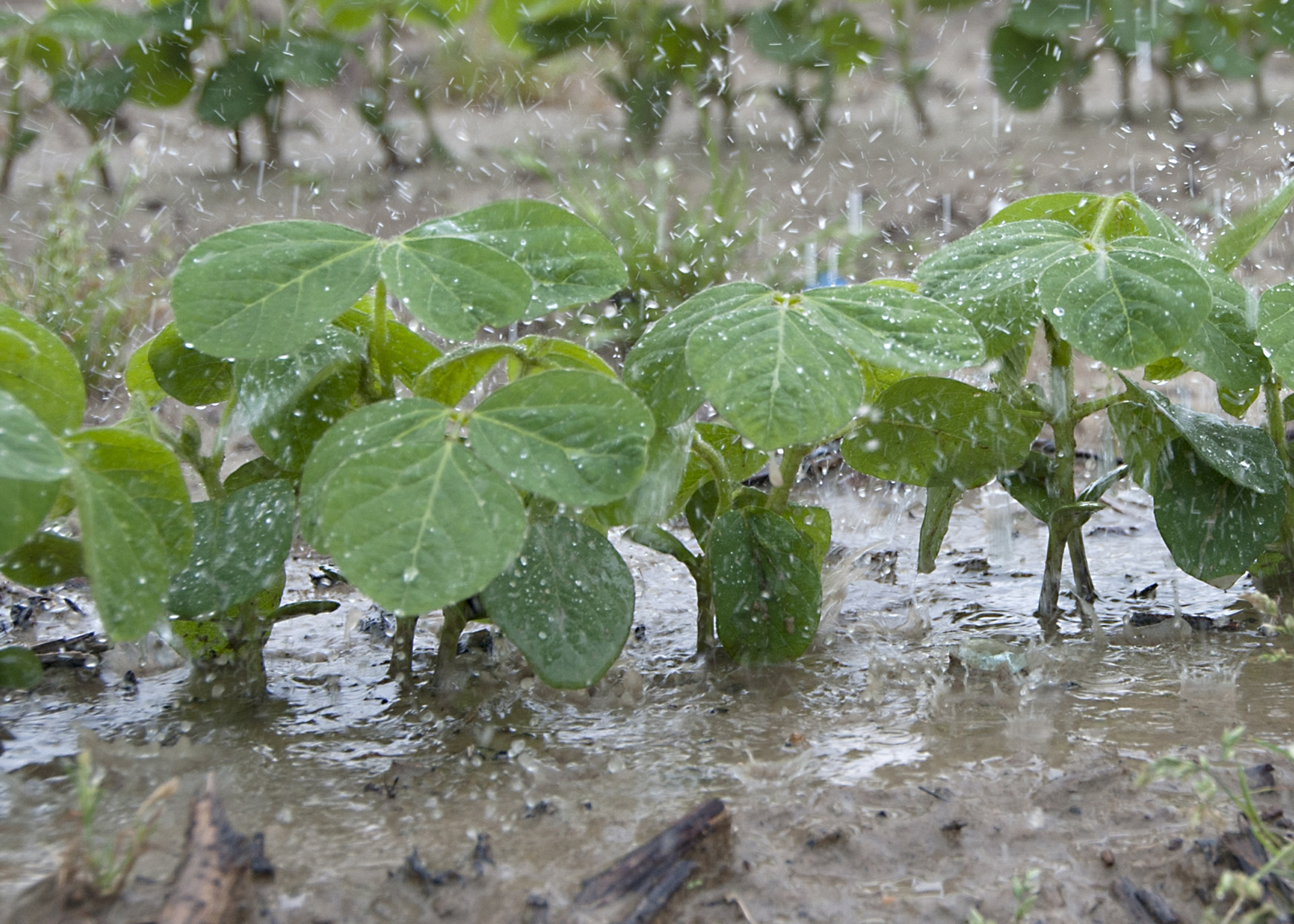
Argentina - Concern grows for soy harvest due to heavy rains
Prolonged rainfall over Argentina's farming heartland has fueled fears of delays to the ongoing soybean harvest that could cause production losses, the Rosario grains exchange said on Monday.



